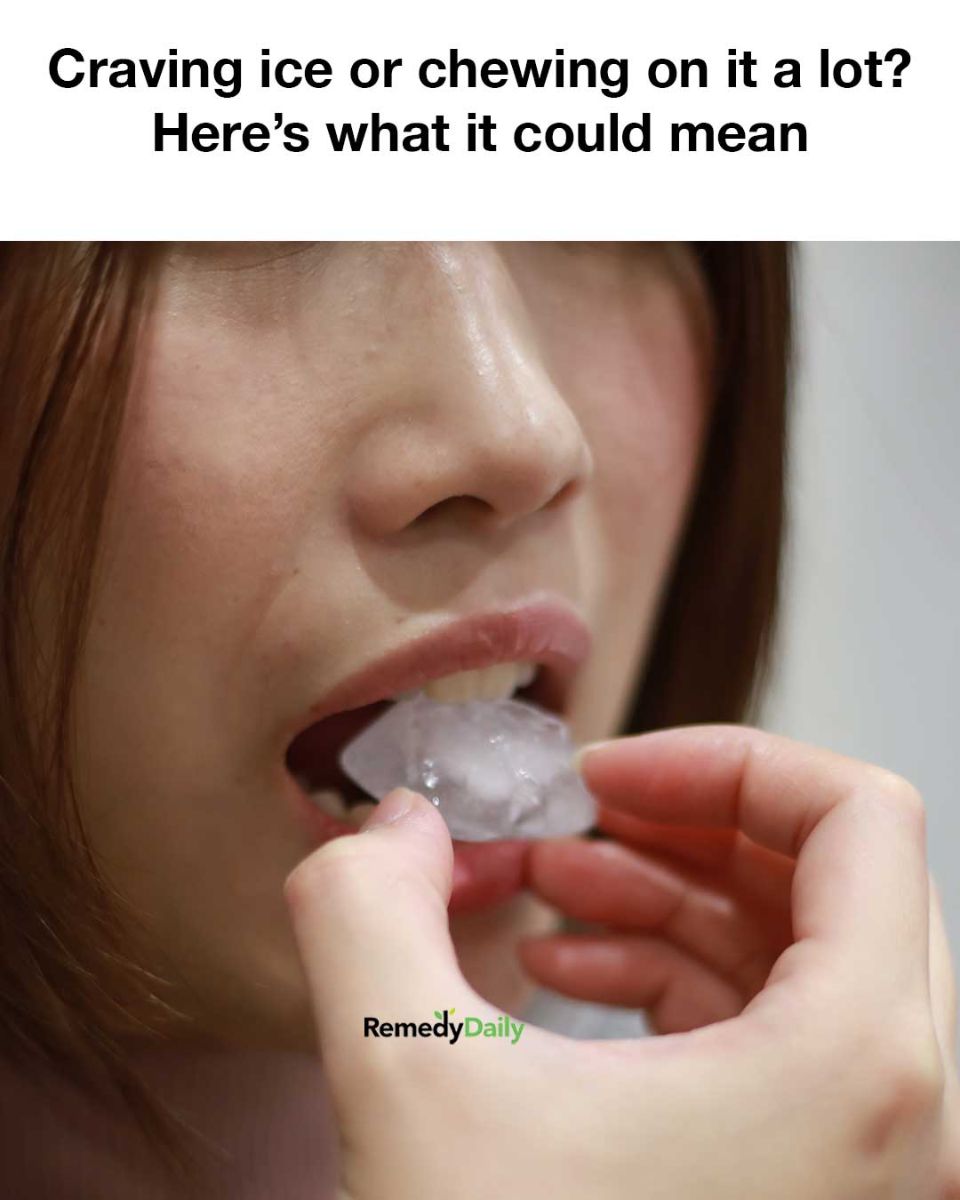Have you ever found yourself irresistibly drawn to the crunch of ice cubes, or perhaps you know someone who seems to always have a cup of ice at hand? While it might seem like a harmless habit, craving ice or chewing on it frequently can sometimes be a sign of underlying health issues. This seemingly innocuous behavior, known as pagophagia, is more than just a quirky preference for cold, crunchy snacks.
In this article, we will delve into the various reasons why someone might develop a craving for ice. From nutritional deficiencies to psychological factors, and even cultural influences, understanding the root cause of this craving can provide insights into one’s overall health and well-being. Whether you’re an ice chewer yourself or simply curious, read on to discover what this craving could mean.
1. Understanding the Craving: What Is Pagophagia?
Pagophagia is a specific form of pica, a condition characterized by cravings for non-nutritive substances. While pica can involve the consumption of a variety of items such as dirt, clay, or paper, pagophagia specifically refers to the compulsive consumption of ice. This behavior is more than a simple preference; it can become a persistent and overwhelming urge.
Research suggests that pagophagia is often linked to iron deficiency anemia, although the exact mechanism is not fully understood. Some theories propose that the act of chewing ice may increase alertness or relieve oral discomfort, which can be symptoms associated with anemia. Understanding pagophagia is crucial, as it can sometimes be a red flag for more serious health issues.
2. Iron Deficiency Anemia: A Common Culprit
Iron deficiency anemia is one of the most common nutritional deficiencies worldwide, affecting millions of people. It occurs when the body lacks enough iron to produce adequate amounts of hemoglobin, the protein in red blood cells that carries oxygen. Symptoms of iron deficiency anemia include fatigue, weakness, and pale skin, but pagophagia is also a lesser-known symptom.
Studies have shown that individuals with iron deficiency anemia are more likely to develop a craving for ice. The exact reason for this is not entirely clear, but it is believed that chewing ice might help increase blood flow to the brain, temporarily alleviating some symptoms of anemia. If you find yourself constantly craving ice, it might be worth getting your iron levels checked by a healthcare professional.
3. Psychological Factors: Stress and Anxiety
Psychological factors such as stress and anxiety can also contribute to the development of ice cravings. For some individuals, chewing ice can serve as a coping mechanism, providing a sense of relief or distraction from stressors. The repetitive motion and sensory experience of chewing ice might offer a temporary escape from anxious thoughts.
In some cases, individuals with obsessive-compulsive disorder (OCD) or other anxiety disorders may develop compulsive behaviors, including ice chewing. If you suspect that stress or anxiety is driving your ice cravings, it may be helpful to explore stress management techniques or seek support from a mental health professional.
4. Nutritional Deficiencies Beyond Iron
While iron deficiency is the most commonly associated nutritional deficiency with pagophagia, other deficiencies can also play a role. For example, zinc deficiency has been linked to pica behaviors, including ice chewing. Zinc is essential for numerous bodily functions, including immune response and wound healing, and a deficiency can lead to a variety of symptoms.
Calcium deficiency is another potential factor. Although less common, some individuals with low calcium levels may experience cravings for ice. Ensuring a well-balanced diet rich in essential vitamins and minerals can help address these deficiencies and reduce cravings.
5. Oral Health Implications of Chewing Ice
Chewing ice can have significant implications for oral health. The hardness of ice can cause damage to tooth enamel, leading to increased sensitivity and a higher risk of cavities. In severe cases, chewing ice can even result in cracked or chipped teeth, which may require costly dental repairs.
Additionally, the constant pressure and force exerted on the teeth while chewing ice can strain the jaw muscles and joints, potentially leading to temporomandibular joint (TMJ) disorders. If you frequently chew ice, it is important to be mindful of these potential oral health risks and consider seeking alternatives to satisfy your cravings.
6. The Role of Hydration and Thirst
Next Page

